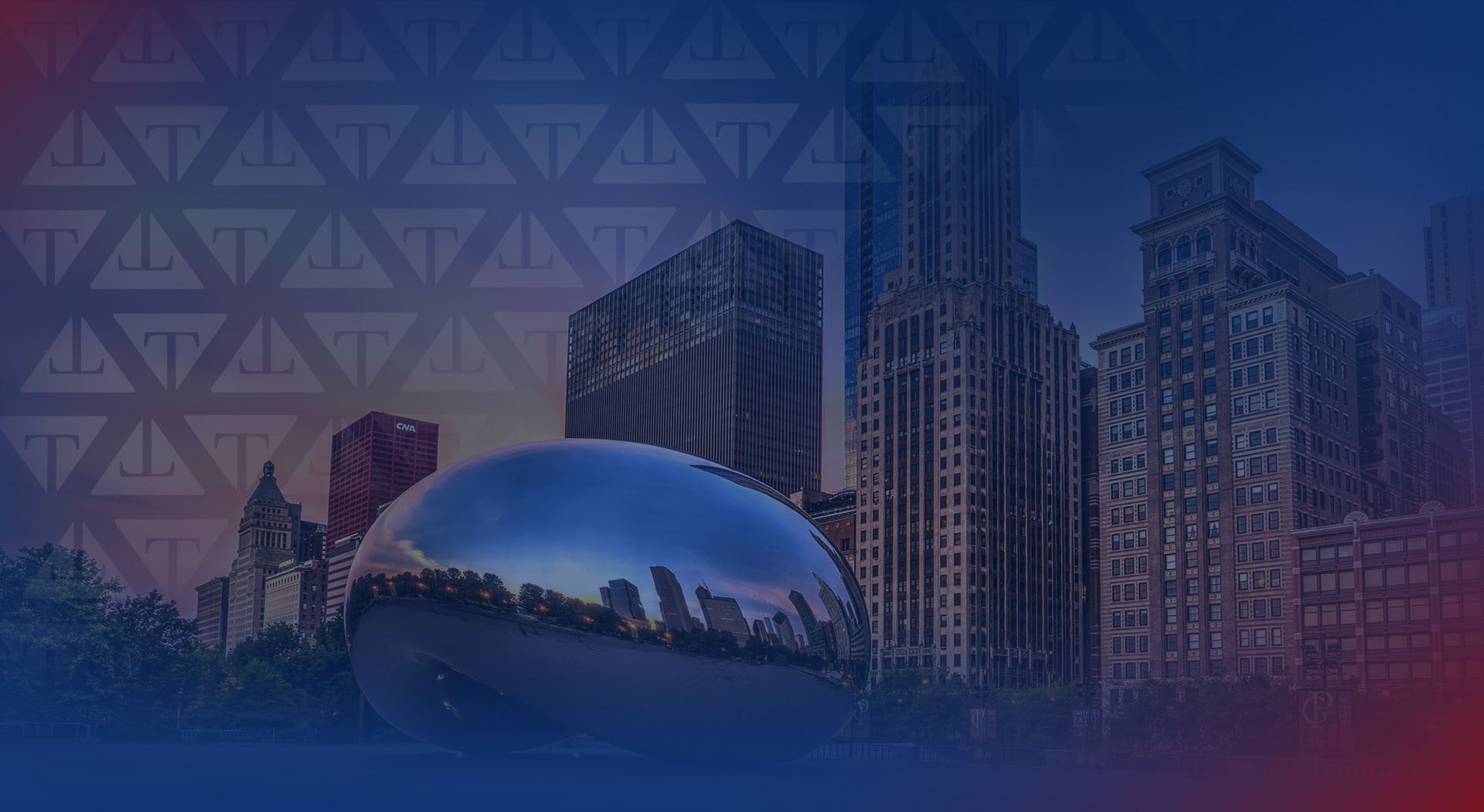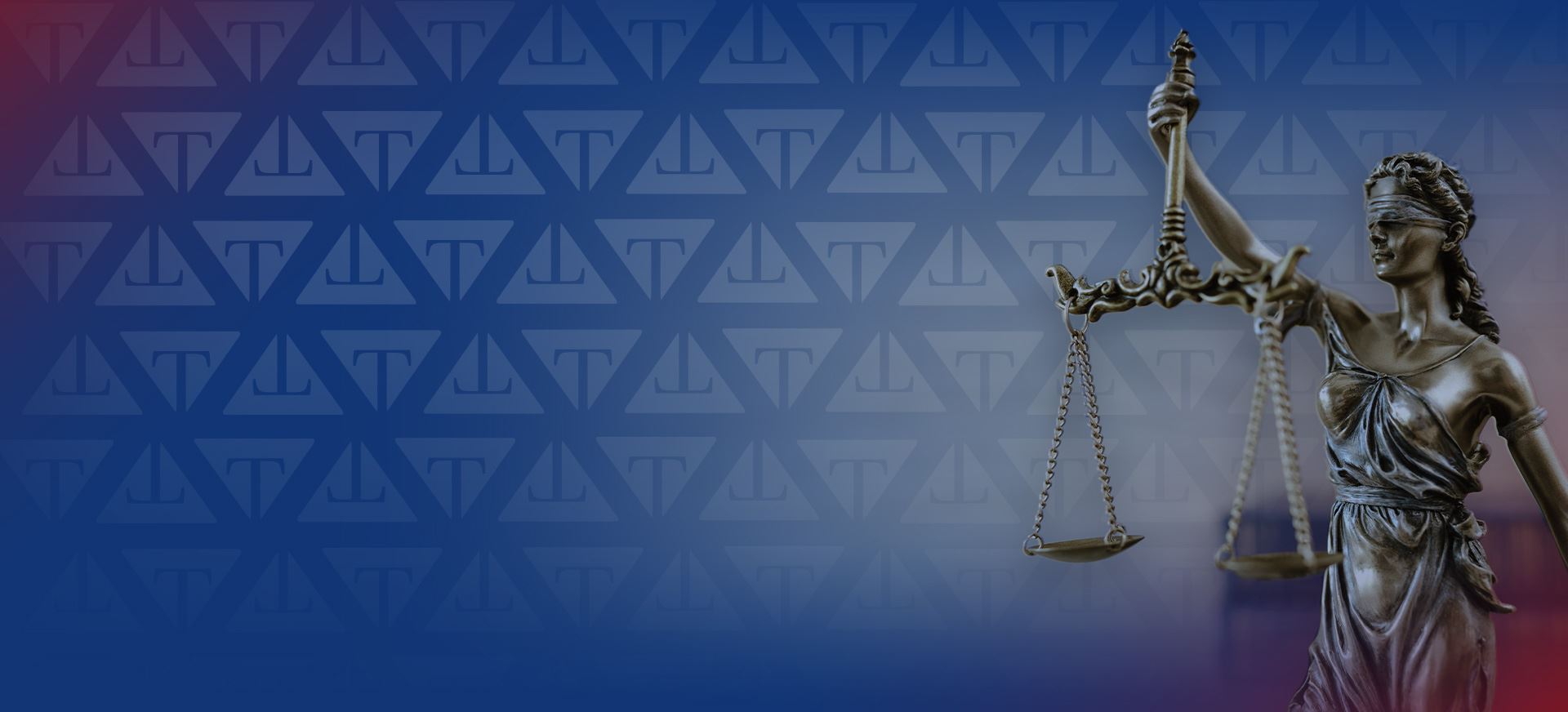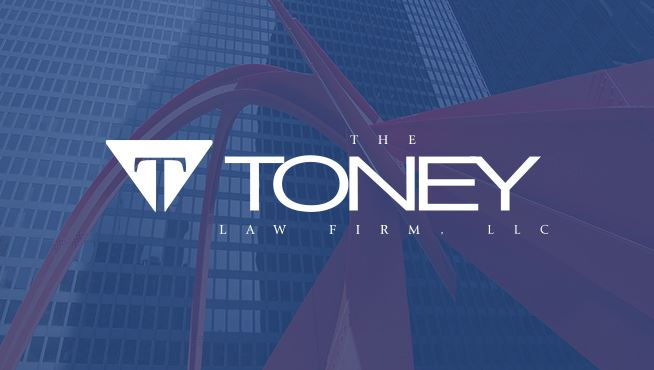
Protecting the Rights of Our Clients
Chicago DUI Accident Lawyers
What to Know If You’ve Been Charged with a DUI After an Accident
One of the main ways people end up arrested for a DUI is following an accident, regardless of whose fault it is. For police officers, one sign a person might be impaired would be their failure to avoid an accident. Often, in addition to the DUI charge, a person might also get a ticket for Failure to Reduce Speed to Avoid an Accident.
Regardless of whether the accident was your fault or not, the officer may ask if you’ve been drinking. The officer will look for things like odor of alcohol, slurred speech, red or bloodshot eyes, and someone who is off balance. Although many people who have been in accidents are off balance because they are shaken up, an officer looks for swaying, staggering or using the car for balance to be clues of possible impairment.
If you have been arrested for a DUI in Illinois, call (888) 473-4058 to schedule your initial consultation with our Chicago DUI defense lawyers today.
If you’ve had an accident on the expressways (Dan Ryan, Kennedy, Eisenhower, Bishop Ford, Ronald Reagan, Stevenson, Veterans Memorial, Tri-State, Kingery, Skyway, or Edens) an Illinois State Police Trooper will usually respond to the accident. If you’ve had an accident on a more local roadway, a local police officer will respond. This can be Chicago Police Department, the local police department or sheriff’s department. Regardless of which police officer comes to the scene, they all have the ability to investigate and arrest for DUI and crashes.
The officer who comes to the scene will investigate the crash and interview each driver. If the officer suspects you might be under the influence, the officer may ask you questions about where you are coming from, where you’re headed, and if you’ve been drinking. The officer may also request that you perform standardized field sobriety tests (FSTs). These 3 tests involve checking your eyes for involuntary shaking (called nystagmus) while asking you to keep your head still and not sway. The second test involves you walking 9 steps on a line touching heel-to-toe and keeping your arms at your side, turning around, and taking 9 steps back. The final test involves standing on one leg for 30 seconds while not hopping or swaying and keeping your arms at your side.
If you perform poorly on these field sobriety tests, the officer may ask you to take a portable breath test (PBT). If you refuse, the office can arrest you based on what other clues he has observed that you might be under the influence. If you take the PBT and blow over the legal limit of .08 the officer will also arrest you.
If you’ve been hurt in the accident, the fire department will be called, and an ambulance will take you straight to the hospital. When this happens, sometimes it’s not feasible to perform field sobriety tests since making sure you receive medical treatment is the first priority.
If you go to the hospital, the hospital will most likely draw your blood in the course of treatment to check what might be in your bloodstream so they don’t give you any drugs that might conflict with something you’ve taken. If there is alcohol, marijuana or drugs in your system, the hospital may tell the officer these results which can result in a DUI charge.
The officer will also separately ask you to consent to a blood or urine draw. This is a separate blood or urine draw from the one the hospital has done for treatment. If you agree, they will take another vial of blood (or urine sample) and send it to the crime lab to be tested for drugs and alcohol. If you refuse, then no other vials of blood will be drawn except for treatment. Your license will be suspended for refusing the blood draw, but it would have also been suspended if your blood result showed an alcohol concentration over a .08 or drugs.
If you are not injured in the crash, and you get arrested for DUI, the officer will transport you to the police station. There the officer will request that you take a breathalyzer test to determine if you are over the legal limit of .08. This is a different test from the PBT mentioned above because this test at the station is the official test that can be used against you at trial because it’s done on the official machine. The handheld PBT machine results are not admissible at trial. If you take a breath test at the station and blow over a .08 a second DUI charge will be filed against you for being over the legal limit. The first DUI charge was for being under the influence. Thus, a blow at the station over .08 results in a second charge. If you refuse the breath test at the station, then you will only be charged with the “being under the influence” charge.
DUI cases with a crash are serious cases. They involve more evidence because the prosecutors will request your medical records and results of your blood draws. Also, if someone was seriously hurt or died in the accident, this will result in Aggravated DUI charges being filed against you instead of just a misdemeanor DUI charge. It is important to find a lawyer as soon as you can as there are things you can do well before your first court date to start to fight your case.
Understanding Your Legal Rights After a DUI Accident
Being charged with a DUI after an accident can be a stressful and overwhelming experience. It's important to understand your legal rights and options during this challenging time. At The Toney Law Firm, LLC, our experienced DUI defense attorneys are here to help guide you through the legal process and protect your rights.
Key points to consider after a DUI accident:
- Seek legal representation immediately to ensure your rights are protected
- Understand the potential consequences of a DUI conviction, including fines, license suspension, and jail time
- Explore possible defenses to challenge the DUI charges against you
- Work with a skilled attorney to negotiate for reduced charges or alternative sentencing options
Don't navigate the legal system alone after a DUI accident. Contact The Toney Law Firm, LLC today for experienced and dedicated legal representation.
If you have been arrested for a DUI in Illinois, call (888) 473-4058 to schedule your initial consultation with our Chicago DUI defense lawyers today.

What Our Clients Say
At The Toney Law Firm, LLC, your satisfaction is our priority! See for yourself what our clients have to say about working with us.
-
"She was 100% honest with me the whole time"
Has the best communication skills for a lawyer I have ever seen, she actually works on your case and researches the case law and shows you literature, she's on time for courts and most of all, she was 100% honest with me the whole time.
Former client -
"Outstanding job!"
I must say that not only did she do an outstanding job at handling all of the issues surrounding my case, she also educated me during the process and made sure to keep an open line of communication with me!
Former client -
"Impressive Attorney!"
She's a well rounded, smart and impressive attorney!
Former client -
"Professional and Compassionate!"
Her professional and compassionate approach assured me that I was not just a paying opportunity.
Former client -
"A great listener!"
I was loaded with questions to which she listened and thoroughly answered each.
Former client -
"Extremely satisfied"
Rest easy knowing that she was on my side. My wife I were extremely satisfied with the outcome and will turn to her for any future legal needs
Former client -
"I am happy with the outcome"
She handled my issues professionally, gave me good advice, and I am quite happy with the outcome
Former client -
"Satisfied!"
If it wasn’t for her and her plan, I'd be in jail, away from my kids.
Former client

Case Results
Always Pursuing the Best Possible Outcome
-
Acquitted DUI
-
Results Thrown Out DUI Death Case
-
Not Guilty DUI
-
Not Guilty DUI
-
Not Guilty DUI
-
Not Guilty DUI

Meet Your Attorneys
Highly Educated & Experienced Trial Lawyers



